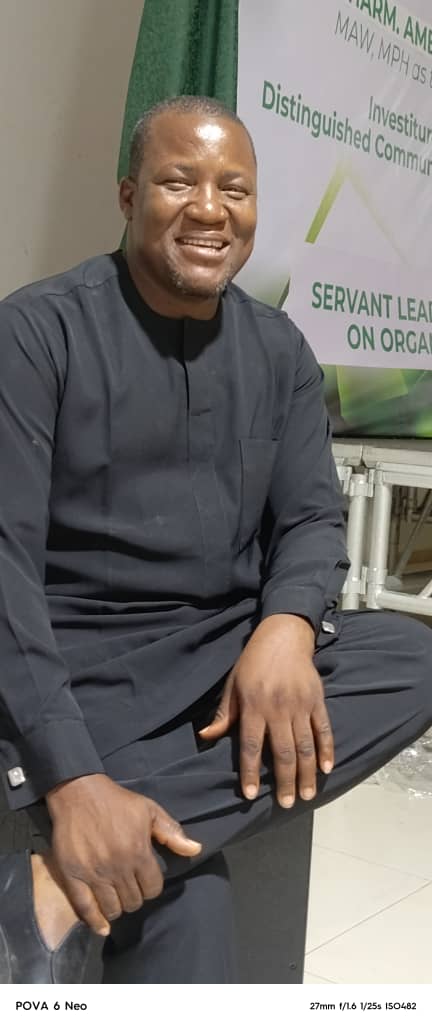Nigeria’s Development Tied to Indigenous Languages – Says CEOAFRICA Boss
CYRIACUS IZUEKWE

The Chief Executive Officer and Managing Director of CEOAFRICA, Prince Cletus Ilobanafor, has called on the Nigerian government to implement robust language policies to foster national development.
P.M.EXPRESS reports that Prince Ilobanafor stated this during the 4th Edition of the African Languages Week (ALW) 2025.
He emphasized that prioritizing indigenous languages in governance, education and technology would accelerate progress in the country.
“For Nigeria to witness unprecedented development, the use of our major languages, Hausa, Igbo, Yorùbá, and others, must be encouraged in all domains of life,” he stated.
His remarks came amid growing concerns that the neglect of indigenous languages threatens Nigeria’s cultural identity and socio-economic advancement. Ilobanafor, a prominent advocate for African languages in the digital space, warned that failure to promote linguistic inclusivity could hinder Nigeria’s ability to compete globally.
This year’s African Languages Week, which holds from February 21 to 28, is themed “African Languages: Voices for Reparations, Justice, and Dignity for the Africa We Want”.
The event underscores the role of African languages in social justice, digital transformation, and cultural empowerment.
Ilobanafor also congratulated key stakeholders, including the African Union, President Bola Ahmed Tinubu, and officials from the African Academy of Languages (ACALAN), for their efforts in preserving African linguistic heritage.
“May our languages continue to unite us for a peaceful, prosperous, and healthy Africa,” he remarked, echoing the week’s slogan: “My language, my heritage, my dignity.”
The call for language-centered policies aligns with broader African Union objectives to integrate indigenous languages into governance and education systems. Experts argue that such measures would not only enhance literacy and communication but also drive economic inclusion and innovation.
Ilobanafor urged Nigerians to embrace their linguistic heritage in everyday life, stressing that sustainable development is impossible without language preservation. “Let us work together to ensure that our languages thrive in the digital age, empowering future generations with their rich heritage,” he concluded.
As Nigeria continues its pursuit of digital transformation and global economic relevance, the challenge remains: Will policy makers heed this call and take decisive action to elevate indigenous languages in national development?









